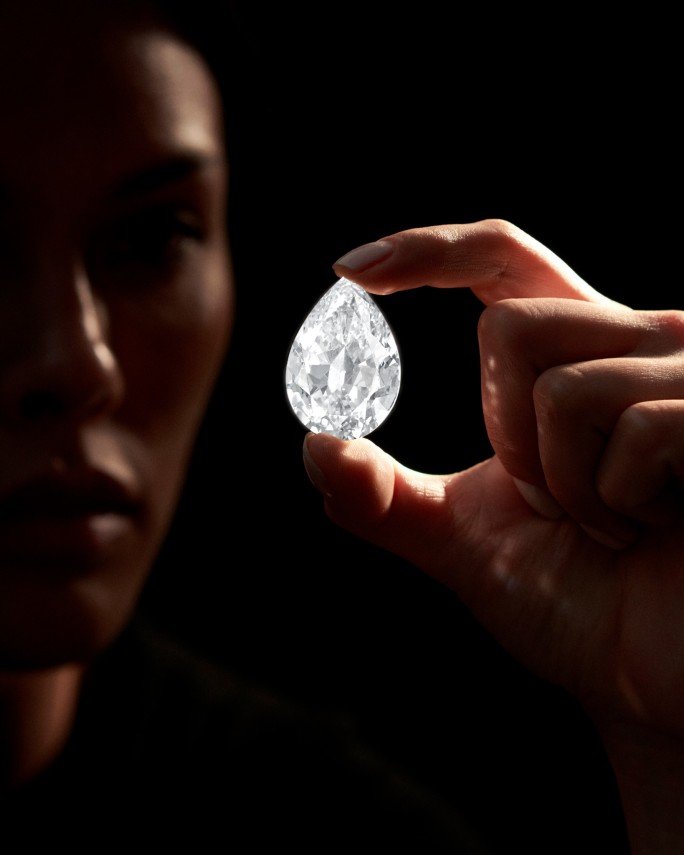Sotheby's will accept Bitcoin and Ether for a 101-carat diamond auction
For the lucky billionaires who are afraid to turn their crypto back into fiat currency, Sotheby's is ready to take your coin. HODL or buy?

Big money in little tokens.
An auction set to take place today in Hong Kong with auction giant Sotheby's will accept Bitcoin and Ether on a truly rare diamond specimen. Called "The Key 10138", the Flawless, D colour, Type IIa 101-carat diamond is expected to fetch between $13.5M and $20.5M Aussie dollars.
Or around 305-465 Bitcoin, which you could have owned for less than $50 around 10 years ago.
There are reportedly only around 10 diamonds in the world beyond 100 carats in size, so this is a really, really special gem. And there are also many people in the world discovering the world of art and jewellery investment thanks to rapidly accumulated wealth through the crypto markets.
At some point, holding the crypto has to be about buying cool things in the real world. Otherwise it's just a maths problem. Buying a rare diamond? That seems like one of those opportunities the hardcore HODLers have been waiting for.
The auction kicks off in just a few hours. Will old money prove it's still the powerhouse of the wealthy investor class? Or will new digital money steal the show today? We'll find out real soon.
Byteside Newsletter
Join the newsletter to receive the latest updates in your inbox.


